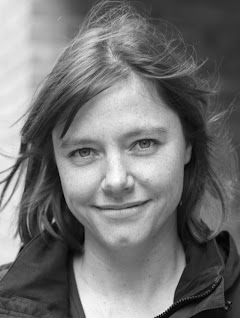Beat
I cover the news.
One Shot

“I like the interplay between the advertising slogans and the dramatic poses of the three young people in a slice of real life that could have been set up by an ad agency.”
Profile
My first memory of photography is my mother loading film into her Nikon SLR.
After university I travelled across Africa for a year taking pictures, but never thought I could be a professional. Later, I ended up as a picture editor for a now-defunct news website. Sifting through the picture libraries and seeing pictures come in on the wires, I became more and more interested in photography.
I bought a cheap digital SLR and taught myself how to use it. One morning, out of the office window, I saw a student protest in front of Topshop. I shot a few frames and one of them was published by “The Independent”. I thought “this is easy”. It turned out to be a lot harder than that, and I realised I had a huge amount to learn. But that first picture credit gave me the confidence to quit my job and freelance for my local paper, the Hackney Gazette.
For my first assignment, I photographed a woman who had tripped over a paving stone and was complaining about the local council. The paper wanted me to photograph her next to the offending slab. Over the next couple of years I came to realise that there'll never be a shortage of people complaining about the council.
The London Olympics was the assignment that left the biggest mark on me. It was overwhelming in its size and complexity. I was able to work alongside many experienced and helpful Reuters photographers. For me it was a huge learning experience.
I love news and politics in London, but there's a constant battle to shoot something other than the relentlessly positive image the PR people want to impart. But despite their efforts to stage each event, the real world often gets in the way, and the best pictures are of these unpredicted moments.
I take pictures for myself but I'm also aware that Reuters has a global audience and I can't expect them to get every culturally specific nuance. Pictures need to work immediately and on a gut level.
Never use a lens cap. One time I'd just arrived at the back entrance of the Treasury to photograph Christine Lagarde arriving when Chancellor of the Exchequer George Osborne walked round the corner. I reached into my bag to pull out my camera and, as I lifted it, he said: “I think you need to take the lens cap off.”
I respect and admire many photographers but my favourite changes from week to week. Currently I'm enjoying the work of Dominic Nahr and Stephanie Sinclair.
